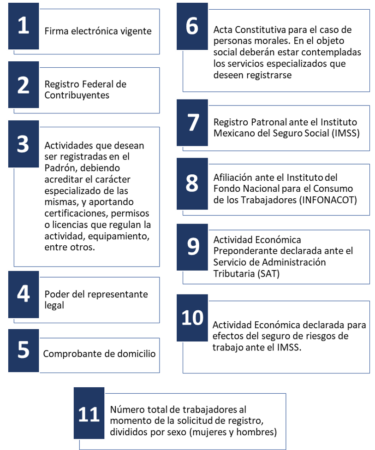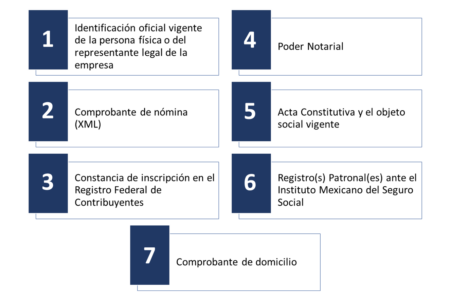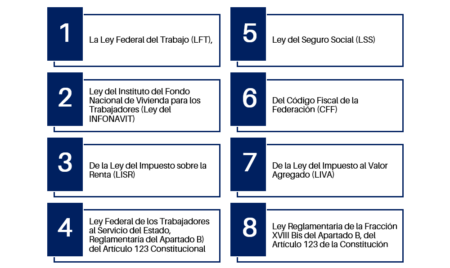Creation of the National Customs Agency of Mexico
On July 14, 2021, the “DECREE creating the National Customs Agency of Mexico (ANAM) as a decentralized administrative body of the Ministry of Finance and Public Credit was published in the Official Gazette of the Federation.”
ANAM will be the new tax and customs authority, in charge of organizing and directing customs and inspection services, to apply and ensure compliance with the legal provisions that regulate the entry and exit of goods from the national territory and the collection of taxes. and uses applicable to foreign trade operations.
In order to comply with the foregoing, ANAM will be endowed with technical, operational, administrative and management autonomy, and will have the following powers:
- Collect the contributions and benefits applicable to foreign trade operations and their accessories in accordance with the applicable legislation and in accordance with the international treaties to which Mexico is a party.
- Manage the registers of importers, importers of specific sectors and sectoral exporters;
- Represent the interest of the Federation in fiscal and customs disputes, related to the entry, transit or exit of merchandise from or in the national territory;
- Determine and settle the contributions and benefits applicable to foreign trade operations and their accessories;
- Monitor and ensure due compliance with tax and customs provisions related to the entry, transit or exit of goods from or into the national territory and, where appropriate, exercise the powers of verification provided for in said provisions; Y
- Direct customs and inspection services; carry out operations corresponding to the verification of the legal stay of goods in national territory and of goods in transport, including their verification of origin; seize or insure merchandise whose legal stay in the country is not proven and safeguard them as depositary.
It is important to mention that the aforementioned faculties are not the only ones that ANAM will have, however, they are the ones that we consider most relevant.
ANAM will be headed by a Holder, who will be freely appointed and removed by the President of the Republic, at the proposal of the Secretary of Finance and Public Credit.
Finally, it is important to mention that the Decree in question will enter into force as of the date on which the legal reforms that grant the jurisdiction that the Tax Administration Service currently has in tax and customs matters to ANAM begin.
Click here for the official publication in the Official Gazette of the Federation (DOF) for your consultation.
For more information about this release, please contact jfrocha@mexcentrix.com and / or paguirre@mexcentrix.com
This communication was created solely for disclosure purposes and, therefore, constitutes an opinion that may be used and / or quoted without our prior written authorization








